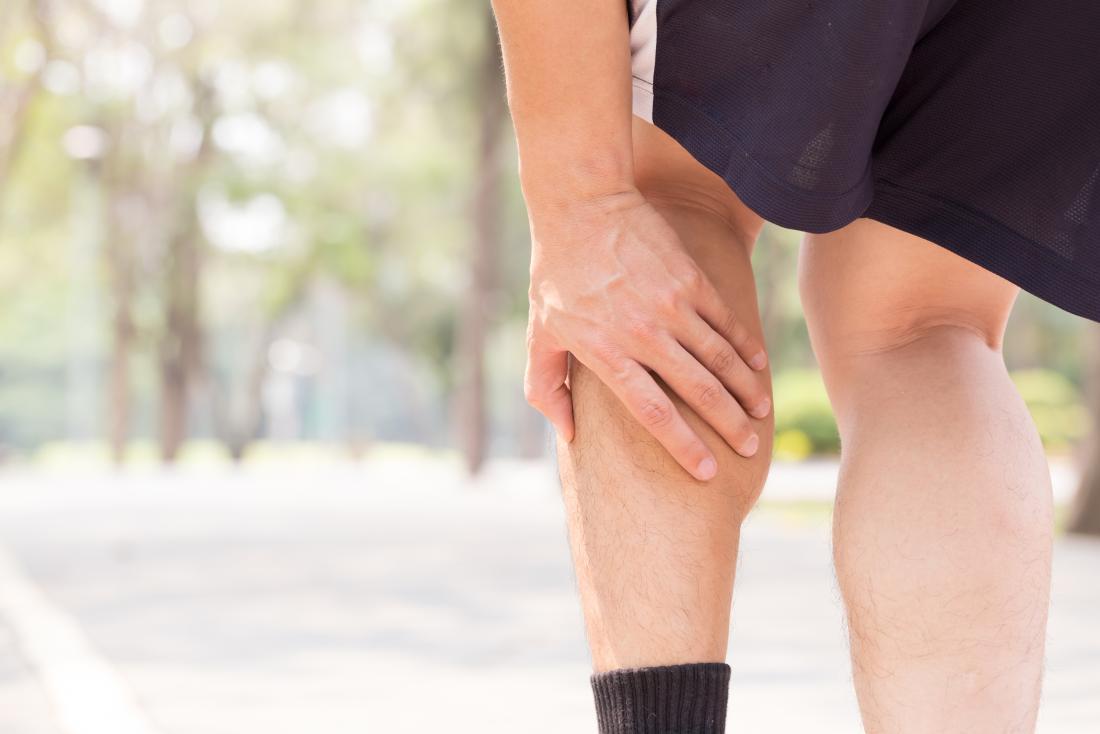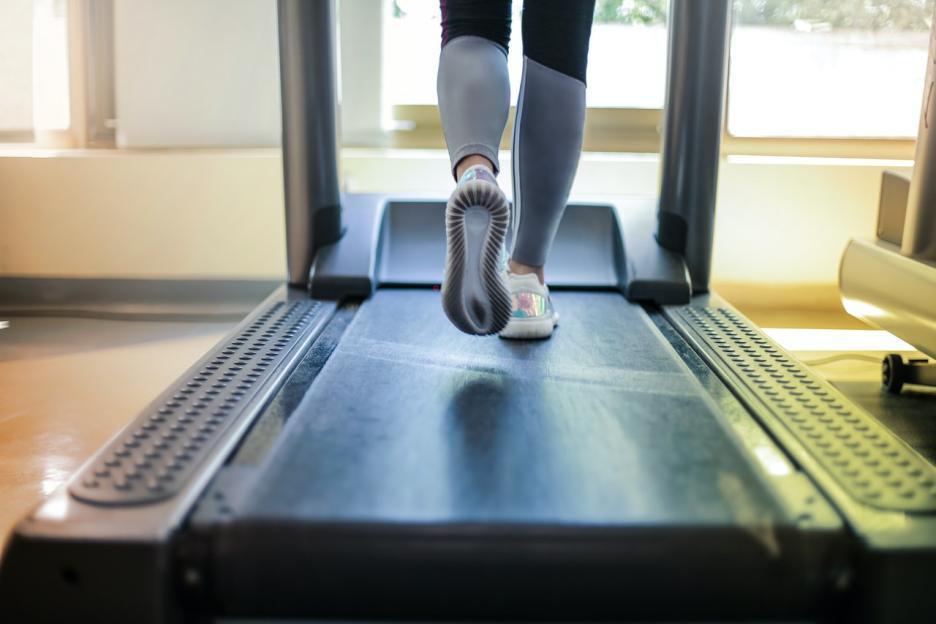
What Should You do If Your Calf is in Pain?
If you are experiencing calf pain, there are a few things that you can do to help alleviate the discomfort. We will discuss some of the best ways to deal with calf pain. We will also provide tips on preventing calf pain from occurring in the first place.

Some Causes of Calf Muscle Pain
- Overstretching
When you overstretch your calf muscle, it can cause small tears in the muscle tissue. This can lead to pain and inflammation.
- Poor blood circulation
If you have poor blood circulation in your legs, it can cause cramping and pain in the calf muscles.
- Inactivity
If you are not active for long periods, your muscles can become weak and deconditioned. This can lead to pain when you try to be active again.
- Muscle imbalances
If your muscles are imbalanced, it can put extra strain on your calf muscles and lead to pain.
- Achilles tendonitis
This condition causes inflammation of the Achilles tendon. It can be very painful and make it difficult to walk.
- Compartment syndrome
This is a condition that occurs when the muscles in a leg compartment become swollen and press on the nerves. This can cause severe pain.
- Shin splints
This condition causes pain in the shins. It is often caused by overuse of the muscles in the shin area.
- Plantar fasciitis
This condition causes pain in the heel and arch of the foot. It is often caused by tightness in the calf muscles.
- Sciatica
This condition causes pain, tingling, and numbness in the leg. It is caused by irritation of the sciatic nerve.
- Arthritis
This condition causes pain and inflammation in the joints. It can affect any joint in the body, including the joints in the feet and legs.
- Stress fractures
This condition causes pain in the bones. It is often caused by overuse of the bone, such as running.
- Baker’s cyst
This is a condition that causes a fluid-filled sac to form behind the knee. It can cause pain and stiffness in the knee.
- Pulled muscle
This is a common injury when the muscles are stretched beyond their limits. It can cause pain and inflammation in the muscle.

How To Treat Calf Muscle Pain
- Rest: The first thing you should do if you are experiencing pain in your calf muscle is rest. Avoid activity that causes pain.
- Ice: Apply ice to the area for 20 minutes. Do this several times a day.
- Compression: Use an elastic bandage or compression sleeve to help reduce swelling.
- Elevation: Raise the affected leg above the level of your heart to help reduce swelling.
- NSAIDs: Take over-the-counter pain relievers such as ibuprofen or naproxen to help with pain and inflammation.
- Physical therapy: A physical therapist can help stretch and strengthen the muscles in your legs.
- Surgery: Surgery may be necessary to treat calf muscle pain in some cases.
- Anti-inflammatory injections: Steroid injections can help reduce pain and inflammation in the calf muscle.
- Platelet-rich plasma therapy: This is a newer treatment that uses your blood to help promote healing.
- Alternative therapies: Many alternative therapies can help with pain relief, such as acupuncture, massage, and chiropractic care.
- Home remedies: Many home remedies can help with calf muscle pain. Some of these include stretching, foam rolling, and a heating pad.
- Wear supportive shoes: Wearing shoes that support your feet and legs can help prevent pain.
- Stretch and warm up before exercise: Stretching and warming up before exercise can help prevent injuries.
- Listen to your body: Stop and rest if you experience pain during exercise. Don’t try to push through the pain.
- See a doctor: If you are experiencing severe pain or if the pain is not improving, it’s essential to see a doctor. They can evaluate your condition and recommend treatment options.
- Take breaks: If you are doing an activity causing pain, take breaks often. This will help reduce the amount of stress on your muscles.
- Wear comfortable shoes: Wearing comfortable shoes that fit well can help prevent pain.
- Avoid high-impact activities: Avoid high-impact activities like running or jumping if you are prone to calf muscle pain.
- Do strengthening exercises: Strengthening the muscles in your legs can help reduce pain.
- Use proper form: Using proper form when you can help prevent injuries.

How To Avoid Calf Pain in Life
- Stretch regularly: Stretching your muscles can help keep them flexible and less prone to injury.
- Warm-up before exercise: Warming up your muscles before you exercise can help reduce the risk of injuries.
- Listen to your body: Stop and rest if you experience pain during exercise. Don’t try to push through the pain.
- Take breaks often: If you are doing an activity causing pain, take breaks often. This will help reduce the amount of stress on your muscles.
- Wear comfortable shoes: Wearing shoes that are comfortable and fit well can help prevent pain.
- Avoid high-impact activities: If you are prone to calf muscle pain, avoid high-impact activities, such as running or jumping.
- Wear calf compression sleeves: Compression sleeves help blood circulation in the calf.
- Use proper form: Using proper form when you can help prevent injuries.
- See a doctor if the pain is severe: If you are experiencing severe pain, see a doctor. They can evaluate your condition and recommend treatment options.
- Take over-the-counter pain medication: If you are experiencing pain, take over-the-counter pain medication, such as ibuprofen or naproxen.
Conclusion
There are many ways to treat calf muscle pain. Some of these include taking over-the-counter pain medication, stretching, and using calf compression sleeves. It’s important to listen to your body and take breaks if you are doing an activity causing pain. If the pain is severe, it’s important to see a doctor. They can evaluate your condition and recommend treatment options.



